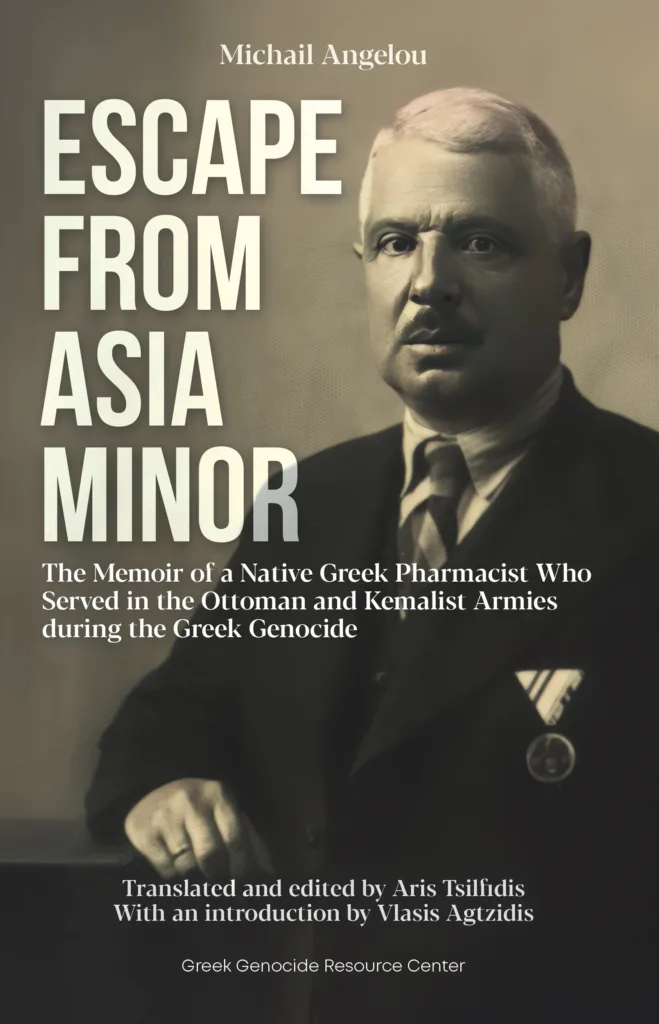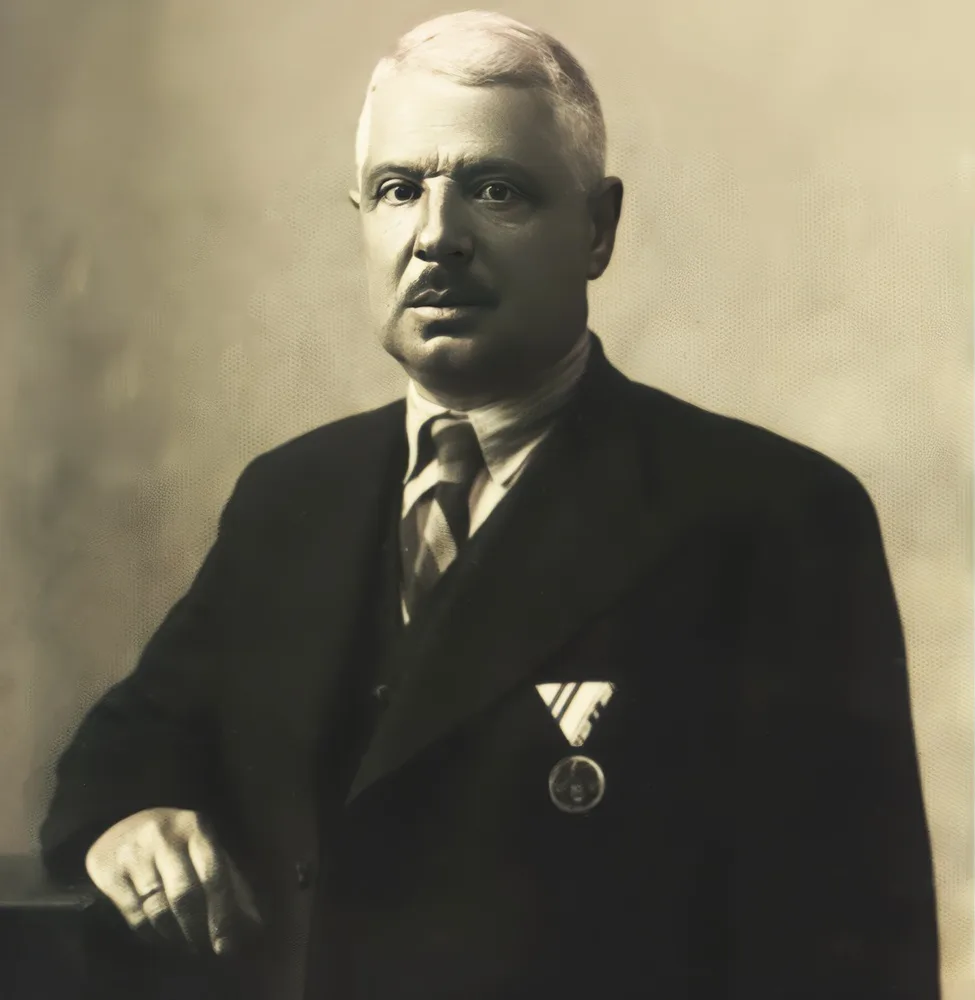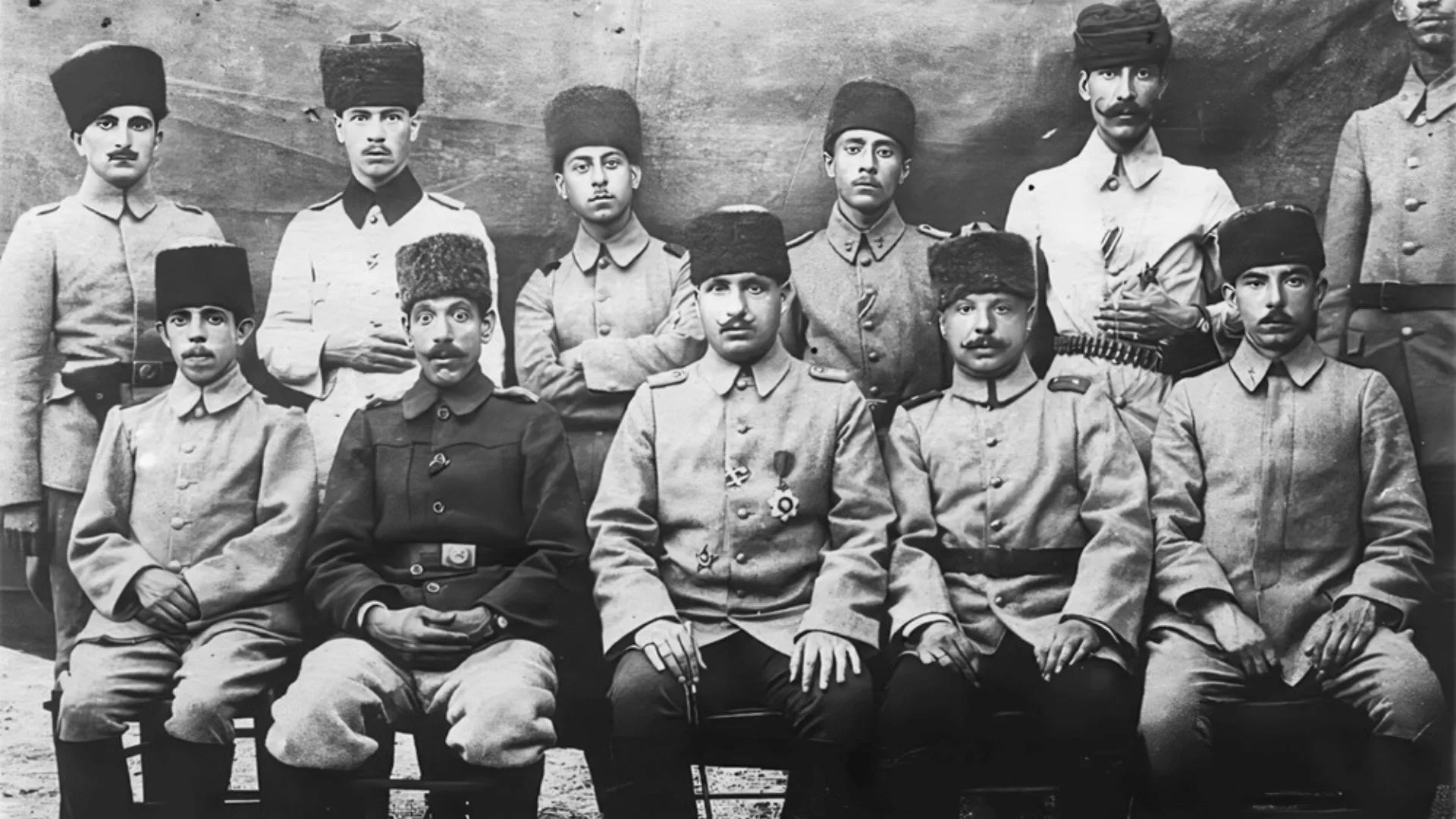‘Escape from Asia Minor: The Memoir of a Native Greek Pharmacist who served in the Ottoman and Kemalist Armies during the Greek Genocide,’ Translated by Aris Tsilfidis, with an Introduction from Historian Vlassis Agtzidis
Book Review by Historian and Philosopher Dr Themistocles Kritikakos (University of Melbourne)
From 1914 to 1923, the final years of the Ottoman Empire were marked by unfathomable brutality. As territorial losses and political turmoil engulfed the crumbling empire, its Christian subjects were perceived as internal enemies and deemed unassimilable. This led to widespread violence and displacement, targeting three primary victim groups: the Armenians, Greeks, and Assyrians. These communities suffered immense devastation and were permanently scarred. The trauma endured by survivors had lasting effects on their descendants, with repercussions that still persist today.
Michail Angelou, a Greek pharmacist from Kiouplia (Küplü) in the Bithynia region of Asia Minor, served in both the Ottoman and Kemalist armies. His memoir offers a rare and deeply personal account of the persecution faced by Greeks and other Christian communities during the collapse of the Empire and the rise of the Kemalist regime. In a desperate attempt to avoid persecution, Angelou joined the newly formed Kemalist army, hoping this would provide him with protection. However, this decision placed him in the harrowing position of witnessing firsthand the policies and violent acts against the Christians who remained in the empire after the Young Turks’ rule. When Angelou became aware that there were plans targeting him, he was left with two choices: to escape from Asia Minor or face near-certain death.

Despite serving in the Ottoman army during the First World War (1914-1918) and later joining the Kemalist army, he was not spared from the escalating violence. Arrested and imprisoned without cause, he became yet another victim of the campaign against Greeks and other Christians. Angelou’s firsthand account is more than a story of survival; it is a testament to self-preservation within the very machinery of persecution that sought to eradicate him and his people. His experience challenges the assumption that the loyalty of Christian subjects to the Ottoman Empire or the Kemalist movement could shield them from extermination.
Incredibly personal and moving, as well as historically significant, Angelou’s memoir chronicles the cruel treatment of Greek communities. It also offers rare insights into the inner workings of the Kemalist army, a key component of the Turkish Nationalist Movement led by Atatürk. Angelou’s testimony reveals that, even when demonstrating loyalty, Christian subjects were still regarded as internal enemies and unassimilable. His account sheds light on the policies of eradication that defined this period.
Unlike many sources that focus either on survivor testimonies or state policies, Angelou’s memoir bridges this divide. It offers a rare and deeply personal glimpse into the final years of the Ottoman Empire, seen through the eyes of someone caught between loyalty to the regime and the harsh reality of belonging to a persecuted group. Angelou’s story also resonates with the themes of betrayal, resilience, and moral dilemmas. His fight for survival within a system designed to eliminate him underscores the complexities of identity and agency.
Aris Tsilfidis’ meticulous and attentive translation of the original Greek text preserves Angelou’s voice and the historical significance of his testimony, ensuring it reaches a wider audience. Tsilfidis maintains the clarity and importance of the original text, balancing both its personal and historical elements. Given the scarcity of firsthand accounts from Greek survivors, this translation is invaluable in making these testimonies accessible to researchers and those interested in the topic of genocide.
The book is further enriched by an insightful and rigorous introduction from Greek historian Vlassis Agtzidis, providing crucial historical context and deepening the reader’s understanding of the book’s relevance to the academic discourse.
This book is a vital primary source for scholars of genocide studies, Ottoman history, and modern Greek studies, while remaining accessible to a broader audience. As interest in the history of the Greeks from Asia Minor, Eastern Thrace, and the Levant grows, it provides a crucial corrective to the evasions and euphemisms that have long obscured the discourse around mass violence in the late Ottoman Empire. Angelou’s testimony compels readers to confront what many scholars consider to be a broader genocidal process, culminating in the systematic destruction of Armenians, Greeks, and Assyrians.

Book Details:
ESCAPE FROM ASIA MINOR: The Memoir of a Native Greek Pharmacist Who Served in the Ottoman and Kemalist Armies During the Greek Genocide
By Michail Angelou
Translated by Aris Tsilfidis
Introduction by Vlasis Agtzidis
Greek Genocide Resource Center, 2024
Available now on Amazon in eBook and softback: https://www.amazon.com.au/dp/1763669904

